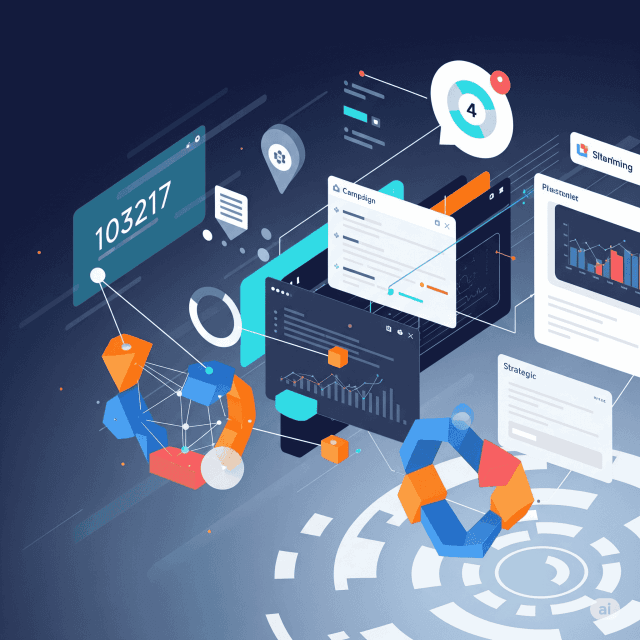In today’s fast-paced digital era, effective campaign management has become crucial for businesses seeking to enhance their marketing output and engagement. Whether you are launching an email marketing campaign, social media promotion, or a comprehensive multi-channel strategy, using the right campaign management tools can make all the difference. Here are key features to consider when selecting the ideal campaign management tools.
1. User-Friendly Interface
The first point of contact with any software tool is its interface. A user-friendly interface can significantly reduce the learning curve and facilitate smooth operations. Look for tools that offer intuitive navigation, easy access to features, and a clean design. These aspects allow your team to focus on strategies rather than getting bogged down by technology.
2. Integration Capabilities
Modern marketing operates across multiple platforms, from social media and email to CRM systems. A robust campaign management tool should integrate seamlessly with existing software and services, enabling a holistic view of your campaigns. Look for tools that support integrations with popular platforms like Salesforce, HubSpot, Google Analytics, and social media channels.
3. Automated Workflows
Automation is at the heart of effective campaign management. The ability to automate tasks—such as email scheduling, social media postings, and audience segmentation—saves time and ensures more consistent engagement. Features like trigger-based actions and drip campaigns allow marketers to nurture leads effectively and respond to customer actions in real time.
4. Analytics and Reporting
Data-driven decision-making is essential in modern marketing. Campaign management tools should offer in-depth analytics and reporting capabilities that allow marketers to assess the performance of their campaigns in real-time. Look for features that provide actionable insights, customizable reporting options, and performance metrics to evaluate Return on Investment (ROI) and make informed adjustments.
5. Segmentation and Targeting
Effective campaigns rely heavily on precise audience targeting. Look for tools offering advanced segmentation options, enabling you to categorize your audience based on demographics, behavior, or past interactions. This allows for personalized content delivery, enhancing engagement and conversion rates.
6. Collaboration Features
Marketing often involves numerous team members, from content creators to analysts. Effective collaboration tools built into campaign management software can streamline communication and enhance coordination. Features like shared workspaces, comment sections, and customizable access levels ensure everyone is aligned and informed.
7. Multi-Channel Management
Customers interact with brands through various channels, making multi-channel campaign management essential. Look for tools that enable seamless management across email, social media, SMS, and more, allowing for a cohesive brand message and customer experience.
8. A/B Testing
Testing different elements of your campaigns—like subject lines, calls to action, and visuals—can provide valuable insights into what resonates with your audience. A campaign management tool should offer easy-to-use A/B testing features, enabling marketers to evaluate performance and optimize campaigns based on real data.
9. Customization Options
Every brand has unique needs, and a one-size-fits-all approach rarely yields the best results. Choose tools that provide customizable templates, workflows, and branding options, enabling you to align campaigns with your brand identity and goals.
10. Customer Support and Resources
Finally, reliable customer support can make a world of difference, especially during crucial campaign periods. Evaluate the available support options—such as live chat, email, or phone support—and consider any training resources, tutorials, and documentation offered by the tool to ensure your team can maximize its capabilities.
Conclusion
In an ever-evolving digital landscape, effective campaign management is vital for success. By focusing on these key features when selecting your campaign management tools, you can create more targeted, automated, and data-driven campaigns that resonate with your audience and drive growth. Investing the time to choose the right tools will ultimately pay off in increased efficiency and impactful marketing results.









